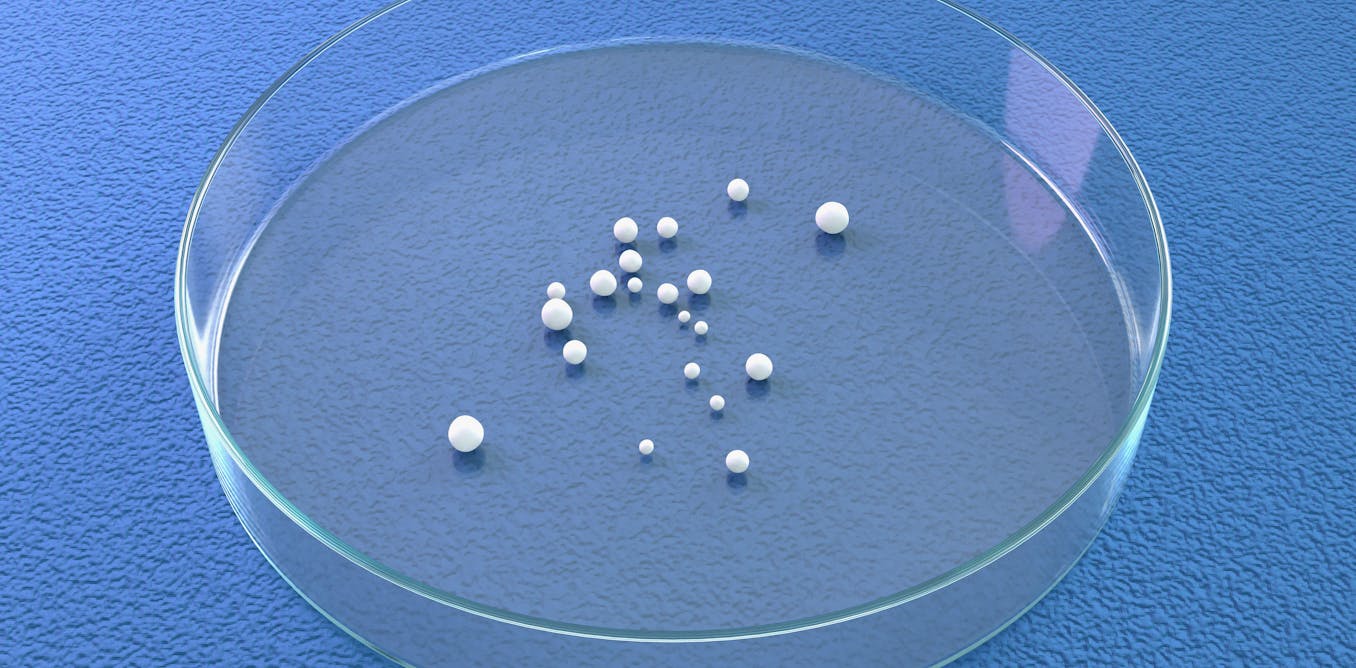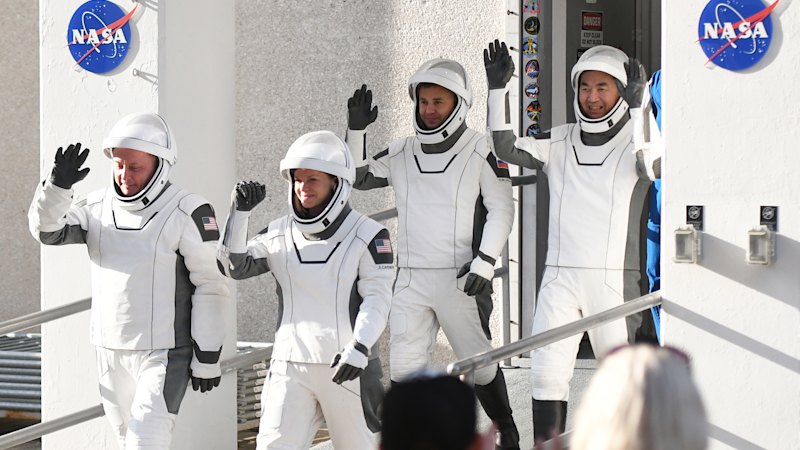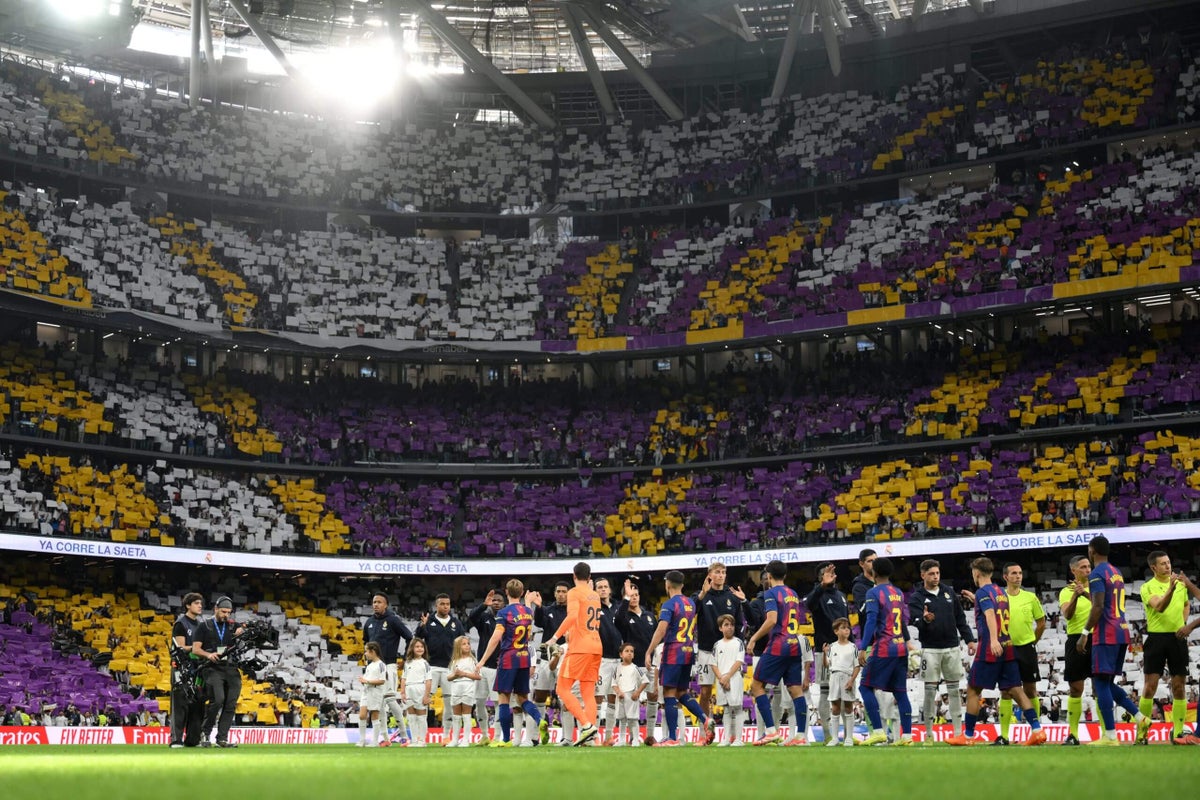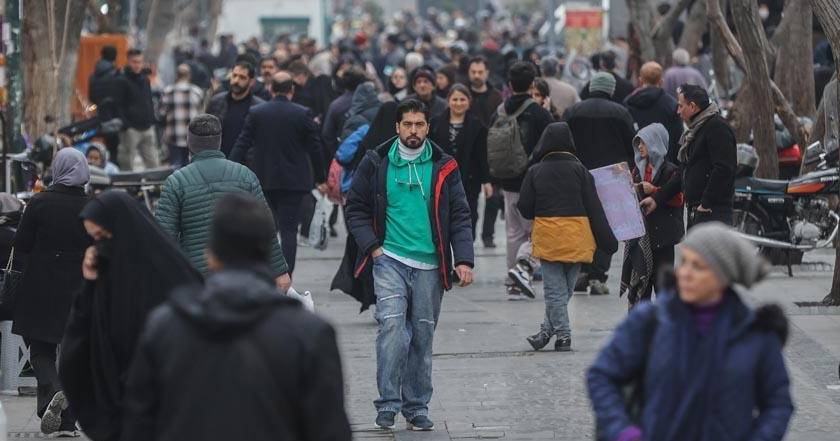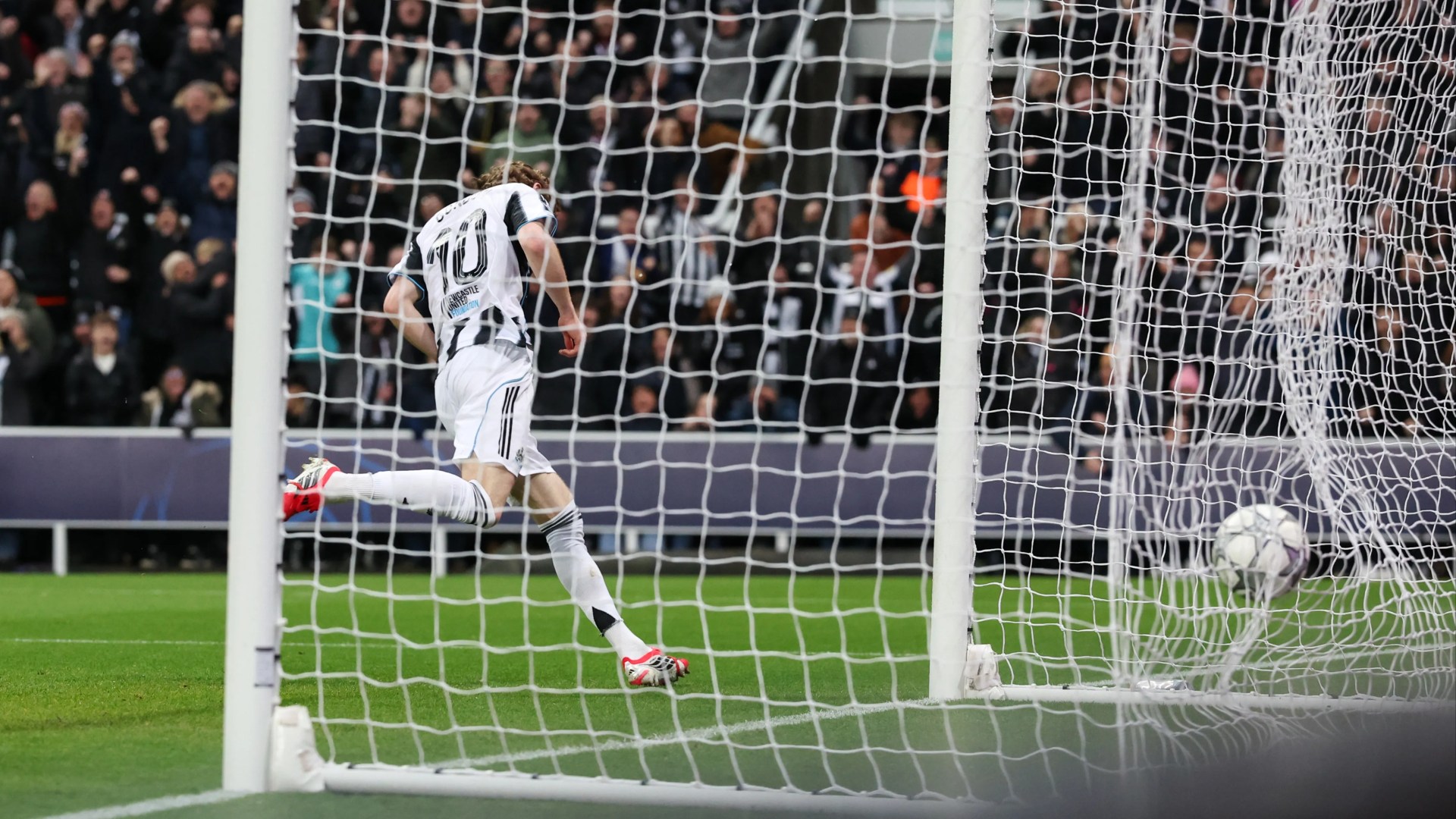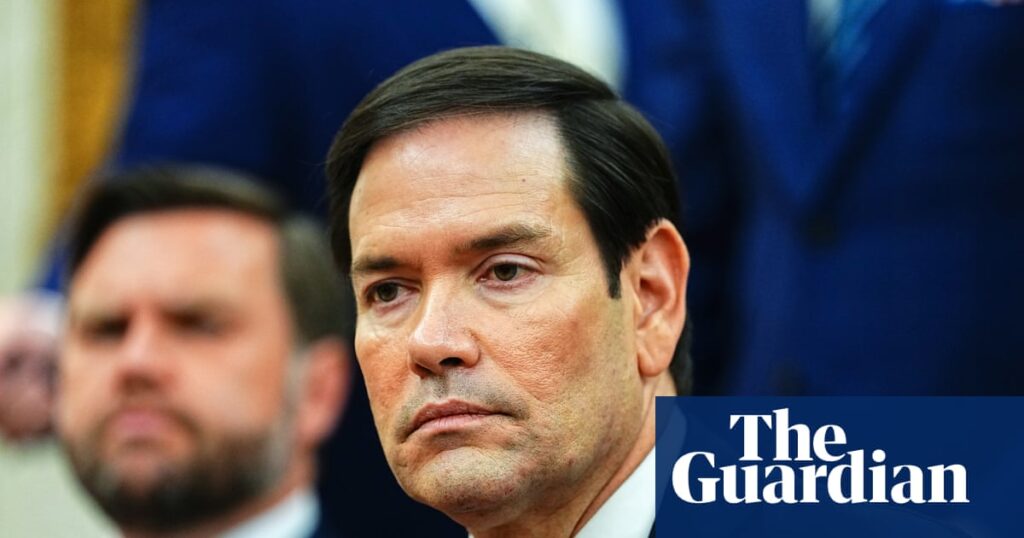
The Trump administration has intensified its campaign against the International Criminal Court (ICC), imposing new sanctions on four of its officials. This move, announced by the US State Department on Wednesday, has been described by the ICC as a “flagrant attack against the independence of an impartial judicial institution.” The sanctions target two ICC judges and two prosecutors, freezing any assets they hold within US jurisdictions.
These sanctions were swiftly condemned by both the ICC and the United Nations, while Israel expressed support for the decision made by Secretary of State Marco Rubio. This development follows a series of actions by the Trump administration aimed at undermining the Hague-based court, which is the world’s first international war crimes tribunal. The US, not a member of the ICC, had previously sanctioned the court’s former chief prosecutor, Karim Khan, and other tribunal judges.
Details of the Sanctions
The new sanctions specifically target ICC judges Kimberly Prost from Canada and Nicolas Guillou from France, along with prosecutors Nazhat Shameem Khan of Fiji and Mame Mandiaye Niang of Senegal. According to Rubio, these individuals were involved in ICC efforts to investigate and prosecute nationals of the United States or Israel without the consent of either nation.
Rubio stated, “These individuals are foreign persons who directly engaged in efforts by the international criminal court to investigate, arrest, detain or prosecute nationals of the United States or Israel, without the consent of either nation.” He further emphasized the administration’s resolve to “take whatever actions we deem necessary to protect our troops, our sovereignty, and our allies from the ICC’s illegitimate and baseless actions.”
International Reactions
France, whose President Emmanuel Macron was in Washington just two days prior, expressed “dismay” over the sanctions. A spokesperson from the French foreign ministry remarked that the sanctions are “in contradiction to the principle of an independent judiciary.”
The ICC responded with a statement labeling the sanctions as “a flagrant attack against the independence of an impartial judicial institution” and “an affront against the Court’s states parties, the rules-based international order, and, above all, millions of innocent victims across the world.”
“We firmly believe that the ICC is a key pillar of international criminal justice, and we respect their work,” said UN spokesperson Stéphane Dujarric. “The decision imposes severe impediments on the functioning of the office of the prosecutor in respect for all the situations that are currently before the court.”
Historical Context and Implications
This move represents a continuation of the Trump administration’s contentious relationship with the ICC, dating back to its first term in office. During that time, the US imposed sanctions on the ICC, which were later lifted by Joe Biden’s administration in early 2021. The recent sanctions have reignited tensions and raised questions about the future of international justice.
Danya Chaikel, the International Federation for Human Rights’s representative to the ICC, criticized the escalation in US sanctions, describing it as “a continued attack on the rule of law and a blatant attempt to intimidate those pursuing accountability for atrocity crimes.” She added, “The new sanctions are a ‘defining test’ for the ICC’s 125 member states. Will they defend the court’s independence and the rights of victims of international crimes, or allow intimidation by powerful states to dictate who deserves justice?”
Looking Ahead
The sanctions have sparked a global debate about the role and independence of international judicial bodies. As the ICC grapples with these challenges, its member states face a critical decision on whether to stand by the court or yield to external pressures. Meanwhile, the US administration continues to assert its stance against what it perceives as overreach by the ICC.
As this situation unfolds, the international community will be watching closely to see how these developments impact the ICC’s ability to function and uphold its mandate of delivering justice for war crimes and crimes against humanity.
